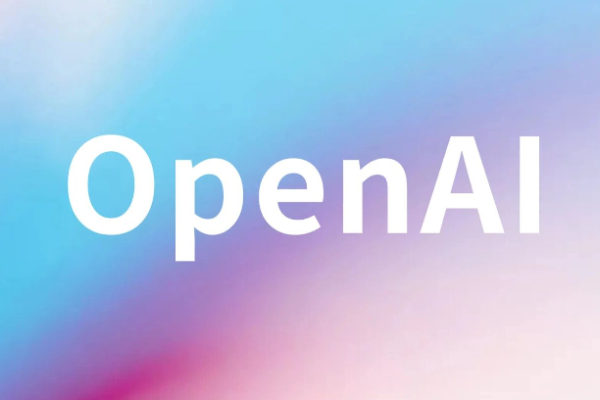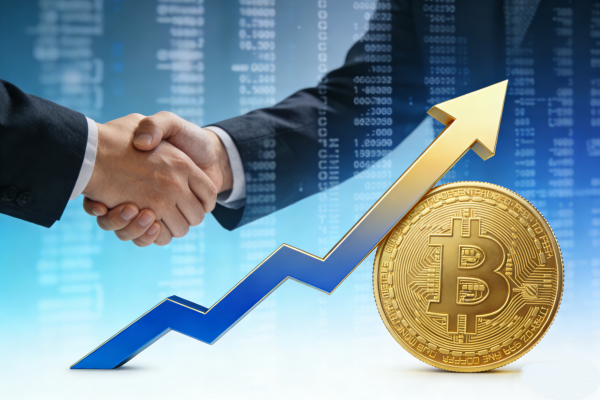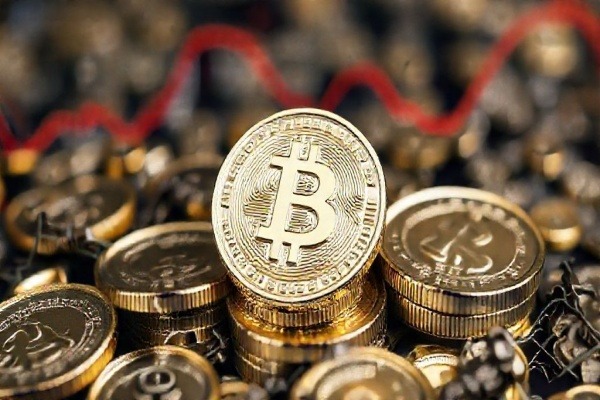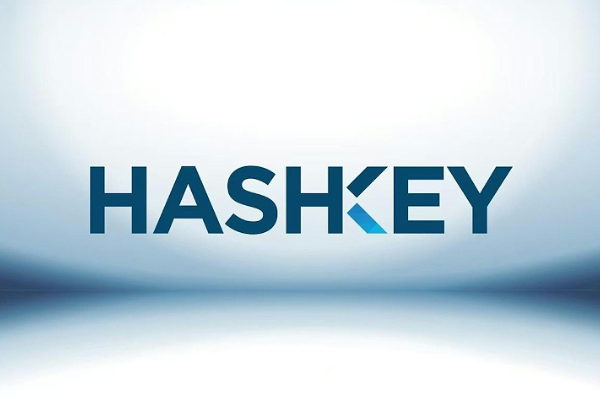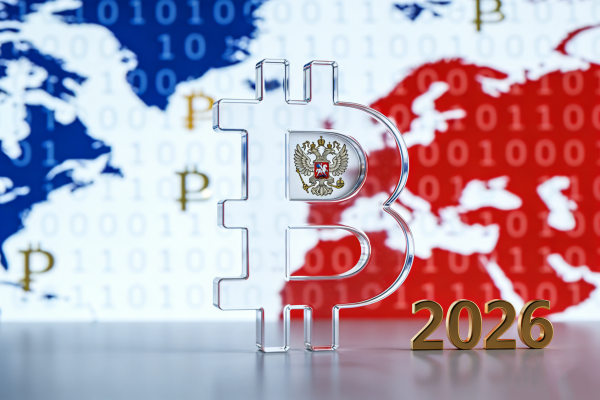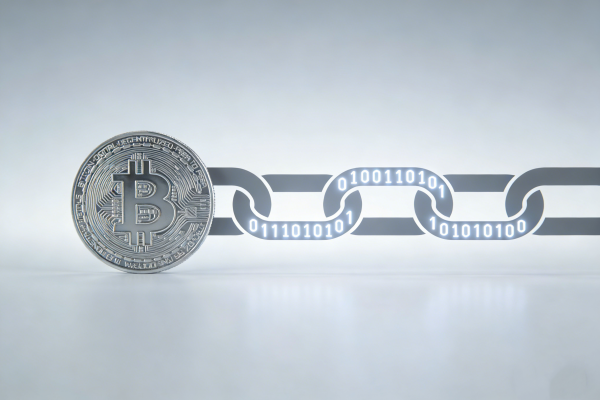Kraken Launches “xStocks” Token, Allowing Non-US Users to Trade US Stocks 24/7
Kraken, a US cryptocurrency trading platform, recently announced that it will launch a blockbuster product for non-US customers in Europe, Latin America, Africa and Asia in the coming weeks - a tokenized trading service for more than 50 US stocks and ETFs. The new product, called "xStocks", will be issued and run on the Solana blockchain, covering stocks of well-known global listed companies including Apple, Tesla, NVIDIA, etc.
It is reported that these tokens will allow users to trade US stocks and ETFs in the form of on-chain assets, and break the time constraints of traditional financial markets, providing an uninterrupted trading experience 24 hours a day, 7 days a week. The product is provided by Kraken's compliance subsidiary, and through cooperation with liquidity providers and custodians, it ensures a one-to-one link between tokens and actual stocks or assets.
Kraken said that this innovative product aims to fill the barriers for global users to access assets in the US capital market, especially for some markets that are restricted by local regulations, imperfect financial infrastructure or mismatched trading hours. Through the high performance and low fees of the Solana blockchain, xStocks will significantly reduce the investment threshold while improving trading efficiency and transparency.
Against the backdrop of a tightening regulatory environment in the United States, Kraken chose to avoid the local market and first launch tokenized stock services in other regions around the world. This is not only a grasp of the compliance boundary, but also reflects its active layout in the trend of integrating digital assets and traditional finance.
Market analysts pointed out that Kraken's move not only provides users with a more convenient investment channel, but also indicates that "financial asset chain-based" is entering a substantial development stage, and high-performance public chains such as Solana will also become the emerging carrier foundation for such products. In the future, if the market responds well, it may lead to more exchanges following suit, accelerating the deep integration of traditional financial assets and the Web3 world.


